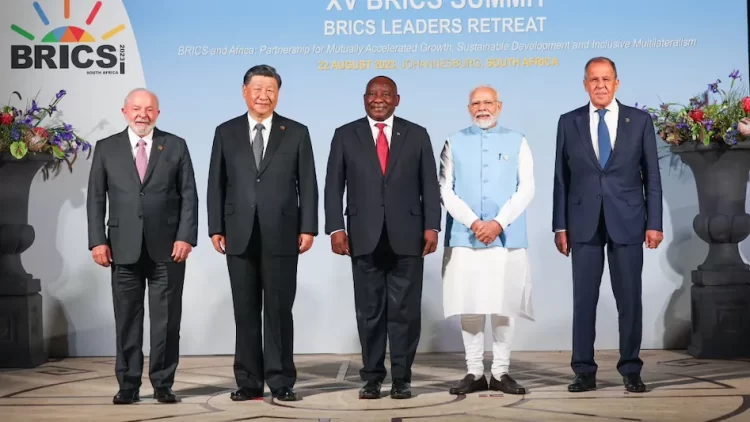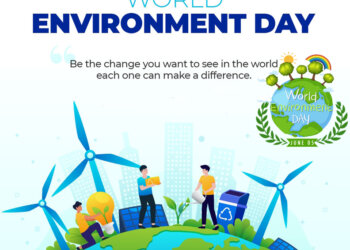The BRICS Summit opens in Kazan on Tuesday, and all eyes are on a potential meeting between Prime Minister Narendra Modi and Chinese President Xi Jinping. This is the first summit since the BRICS’ first expansion in January of this year.
While the Ministry of External Affairs (MEA) has not confirmed the meeting yet, Foreign Secretary Vikram Misri on Monday said the Prime Minister is expected to have “a few bilaterals during his visit, which are presently being worked out”. Modi and Xi had previously met briefly in South Africa in August 2023, on the sidelines of the last BRICS Summit.
Chinese Foreign Ministry spokesman Lin Jian on Monday said, “We will keep you posted if anything comes up.” China had last week announced Xi’s attendance at the BRICS Summit, saying “he will work with other parties to open a new era for the Global South to seek strength through solidarity”.
Besides Russian President Vladimir Putin, Prime Minister Modi, and President Xi, participating heads of state include Turkey’s President Recep Erdogan and Iran’s President Masoud Pezeshkian, among others. Brazilian President Luiz Inacio Lula da Silva will skip the Kazan summit due to medical advice, but will participate via video link. The leaders are likely to discuss major global concerns such as the Ukraine conflict and the West Asian crisis.
Briefing reporters ahead of PM Modi’s two-day visit to Russia for the summit, Misri said, “The leaders are also expected to adopt the Kazan Declaration which will lay the path forward for BRICS. This document is currently being negotiated in Kazan.” While the summit ends on October 24, PM Modi will return on October 23 after the sessions owing to commitments back home.
There is also a Modi-Putin meeting on Tuesday, their second in recent months. Modi had visited Russia in July.
This is a major multilateral summit for the Russian President after two-and-half years of war with Ukraine, and he is projecting it as a power moment for the Kremlin despite Western sanctions. Misri asserted that India views BRICS as a key expression of global multi-polarity. “India’s role at the summit is as an important voice in a growing debate on multipolarity global governance reforms (such as UN Security Council and IMF) and reform in trade architecture such as WTO,” he said.
The alliance, which seeks to counterbalance the Western-led world order, began to grow swiftly this year. BRICS welcomed four new members on January 1 of this year: Egypt, Ethiopia, Iran, and the United Arab Emirates. Meanwhile, Turkey, Azerbaijan, and Malaysia have formally applied, while several others have expressed interest in joining.
Ahead of the conference, President Putin stated that the BRICS countries will drive the majority of global economic growth in the coming years. He also urged BRICS countries to investigate a SWIFT-like cross-border payments system that is immune to Western sanctions, as well as the usage of national digital currencies to fund investment projects in order to remove US dollar domination.
Source:IE







 Finance
Finance







